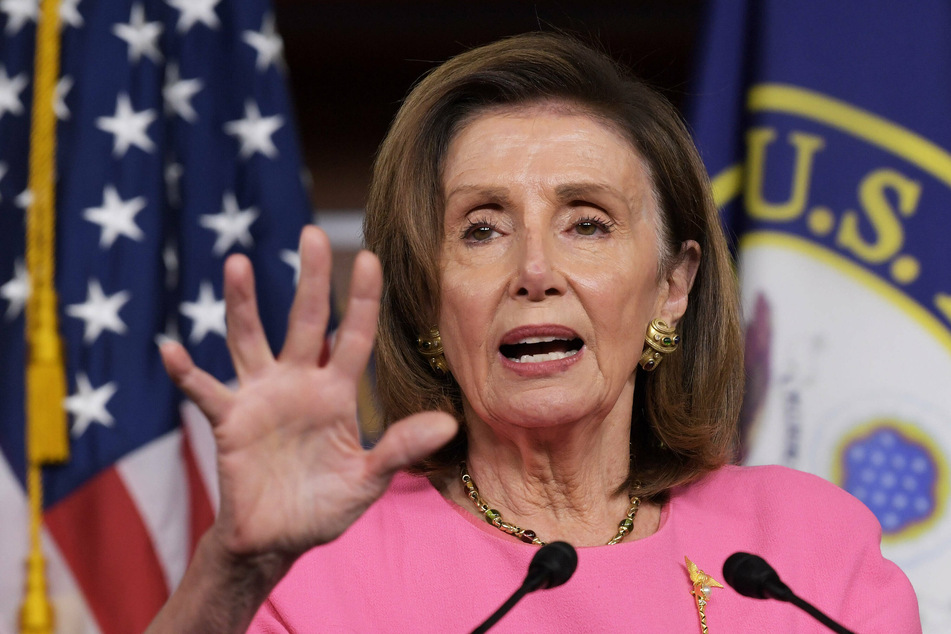Pelosi delays bipartisan infrastructure vote and deals blow to progressive spending hopes
Washington DC – House Speaker Nancy Pelosi has delayed the bipartisan infrastructure vote ahead of a Monday deadline and signaled progressives may have to compromise further on their spending goals for the larger reconciliation package.

Monday was scheduled to be the day of the House vote on the $1.2-trillion Bipartisan Infrastructure Framework (BIF), but Pelosi announced on Sunday night that the decision would be delayed until Thursday, the Associated Press reported.
The announcement comes as House moderates and progressives continue to clash over the prioritization of the BIF versus the $3.5-trillion reconciliation bill.
Axios reported that two of the nine House Dems who said they would not vote on the reconciliation bill before the BIF have now expressed their support for the larger package.
But with seven still standing firm, things remain tense in the House, where Democrats only have a narrow majority over Republicans, who want to sink the reconciliation package.
Meanwhile on Sunday, Pelosi appeared on ABC's This Week where she was asked if the $3.5 trillion in reconciliation package spending would be reduced.
"Yeah, that seems self-evident. That seems self-evident," she responded, according to The Hill.
"We have to find our common ground, respectful of each other’s views. This isn't about moderates versus progressives," she added. "Adding up what our priorities are should take us to a number where we find common ground."
In the Senate, Democrats Joe Manchin and Kyrsten Sinema, whose votes are necessary for the reconciliation bill's passage, have already indicated they would not support a $3.5-trillion price tag.
But Progressives have pointed out that $3.5 trillion is already a compromise from the originally proposed $6 trillion in spending.
They argue that Congress should not be scrimping on important programs like expanding Medicare, increasing affordable housing options, and fighting the climate crisis.
Cover photo: IMAGO / NurPhoto
